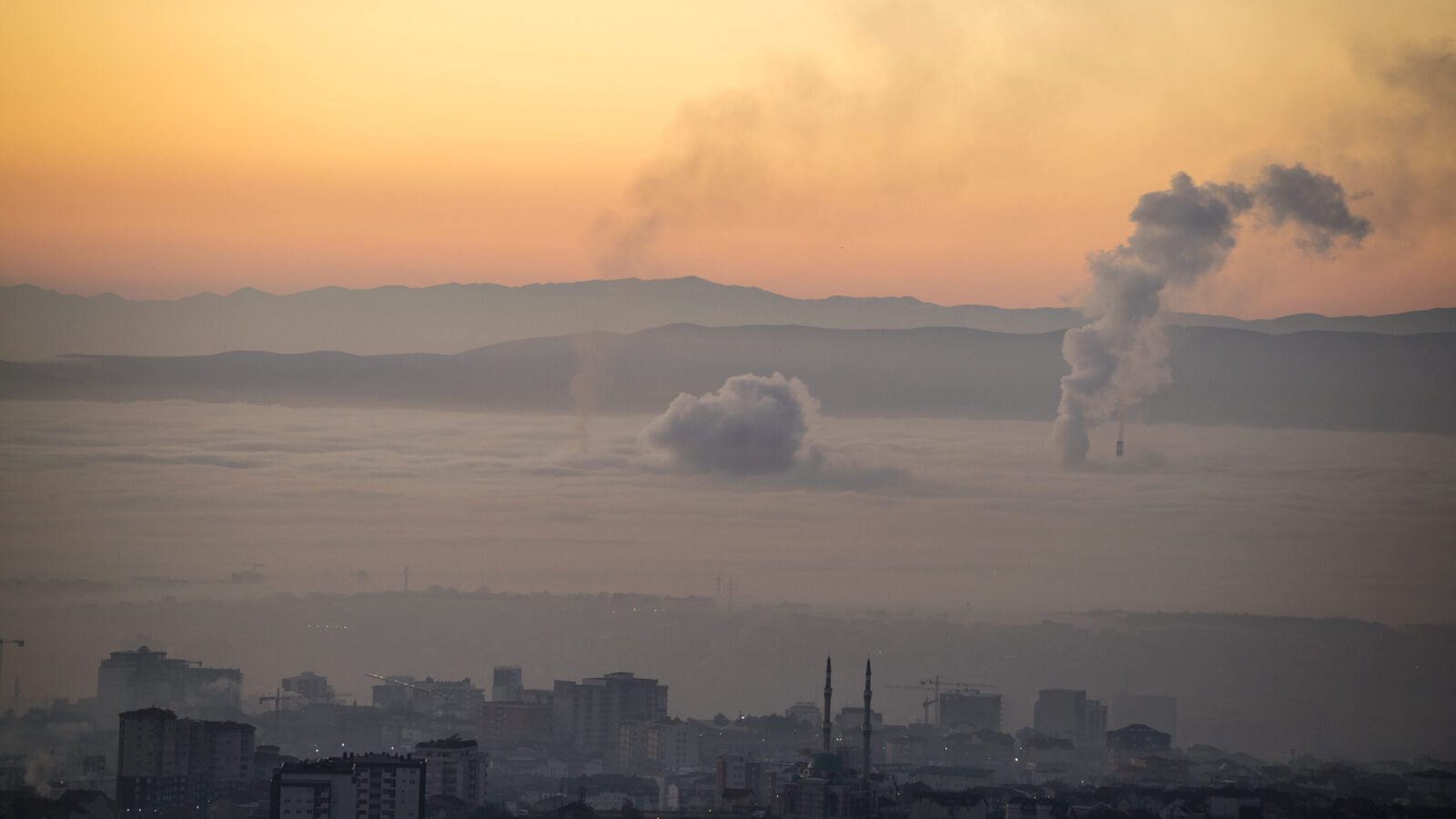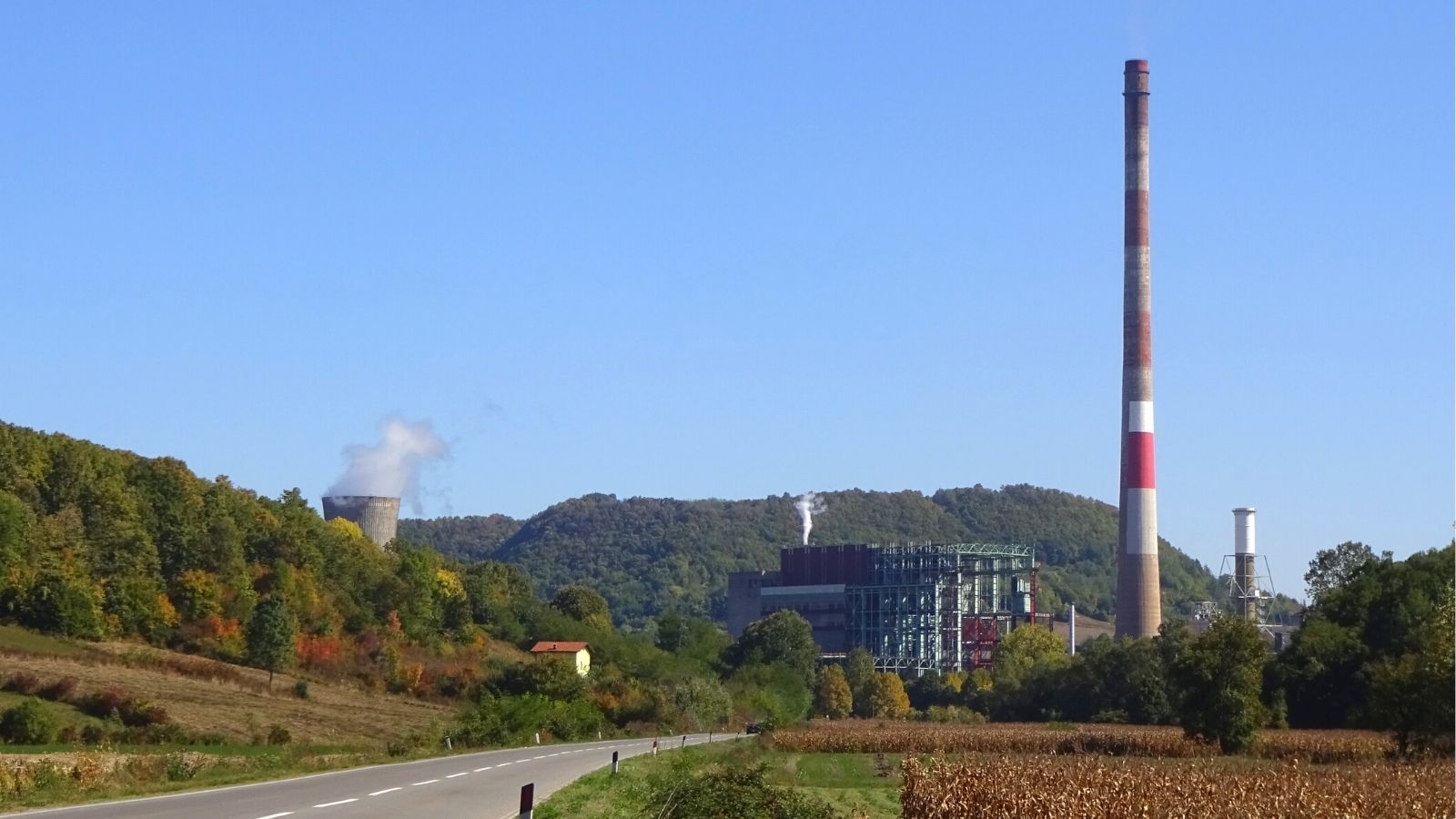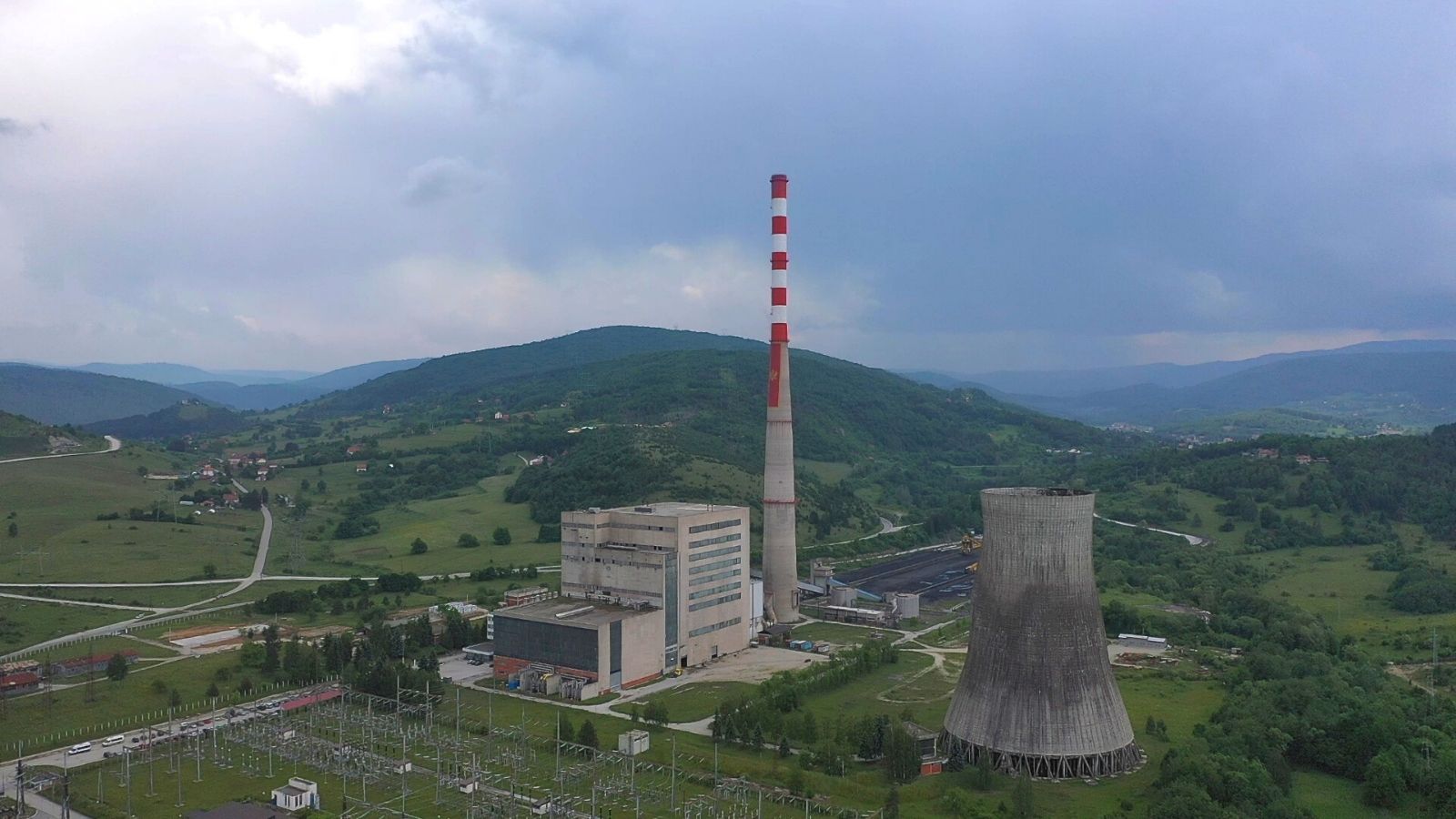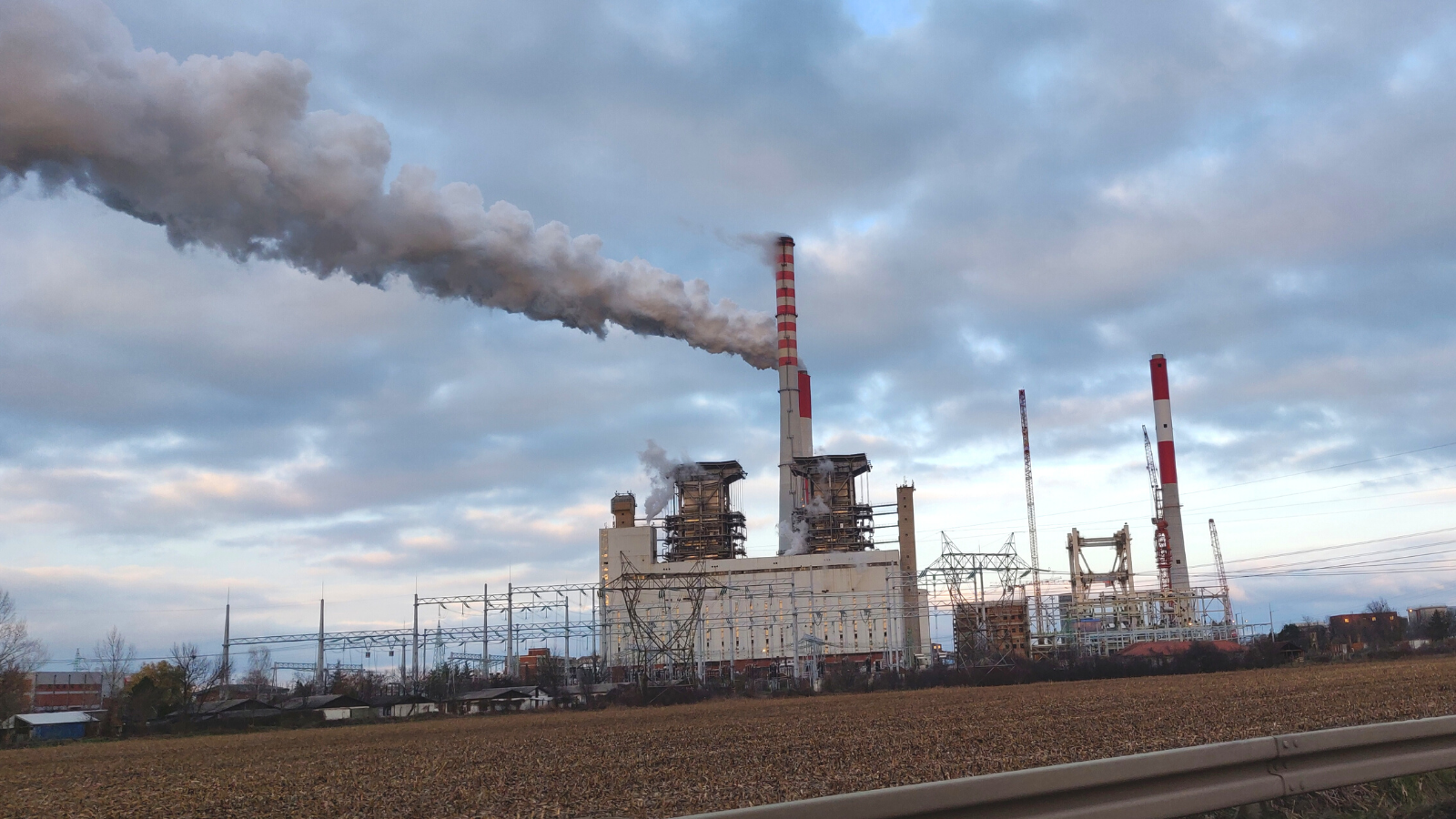Fossil fuels are fast losing their social license. It is becoming increasingly evident that countries’ continued reliance on dirty hydrocarbons escalates the climate crisis, worsens air pollution and enables war.
Long touted as a ‘bridge fuel,’ fossil gas now needs to be recognised by policymakers for the hurdle to the energy transition that it is, and multilateral development banks should urgently end support for gas projects and gas-dependent companies.
The energy transition has to be just and fast, with citizens, municipalities and workers as critical participants in the process. We are working to ensure no more public money is spent on coal, and public finance is used to accelerate this transition.
Stay informed
We provide updates in English from the Balkans and other coal regions.
IN FOCUS
Fossil gas
Fossil gas is the new coal. Although often labelled ‘natural,’ fossil gas is a major driver of the climate crisis. There is no more room for new investments in fossil gas projects if we are to avert the worst impacts of the climate crisis and set a path towards decarbonisation.
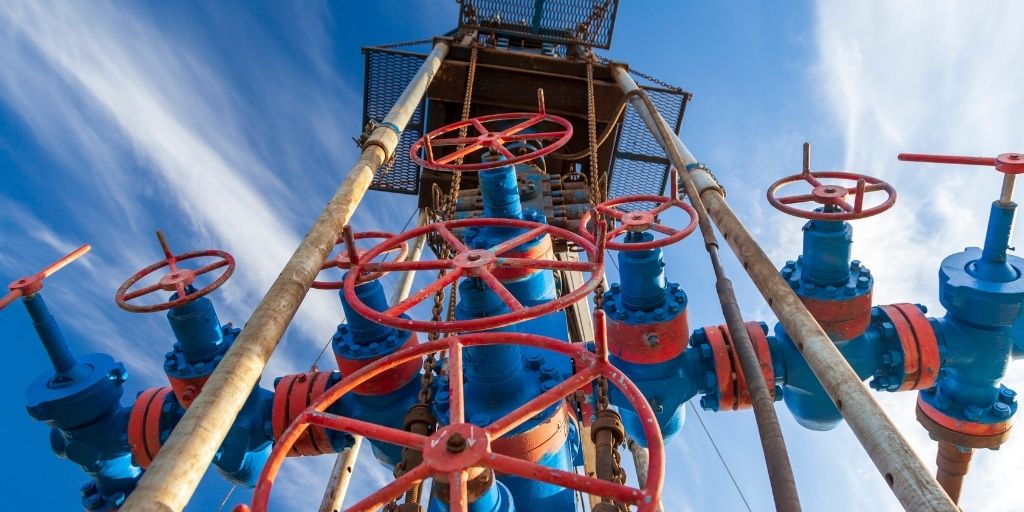
District heating
District heating and individual heating are still dominated by fossil fuels and inefficient burning of wood without regard to sustainability criteria, in combination with a low degree of energy efficiency. This has to change, since heating plays a crucial role in the transition into a clean and zero-carbon economy.
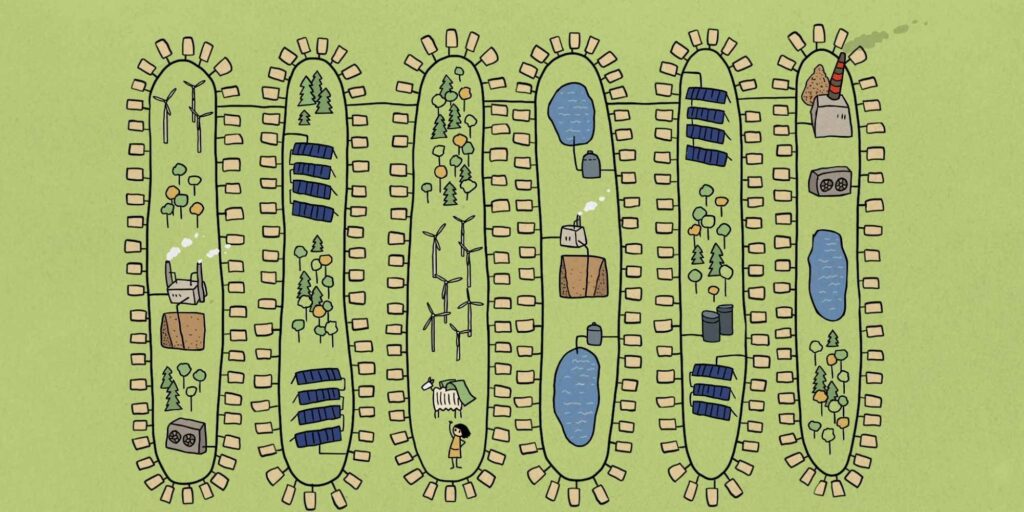
Just transition
No one should be left behind when we reconstruct our world into one driven by clean energy. Working on just transition brings all actors who believe in fair regional redevelopment to the same table: unions, industry, public administration, governments, civil society and others sharing this goal.

Documentary: Turning the Tide
Our documentary exposes, for the first time, the extent of financial support four of the world’s leading multilateral development banks (MDBs) – the World Bank, the European Investment Bank, the Asian Development Bank and the European Bank for Reconstruction and Development – have been providing to the global fossil fuels industry over the past 13 years.
Our analysis shows that since 2008, the oil, coal and gas business has been enjoying no less than EUR 81.5 billion in support from these government-owned financial institutions in the form of loans, grants, credit lines and guarantees.
Coal projects
Ugljevik power plant, Bosnia and Herzegovina
Commissioned in 1985, the 300 MW coal power plant in Ugljevik, Bosnia and Herzegovina, has become famous for emitting more sulphur dioxide than all of Germany’s coal power plants in 2019.
Pljevlja I power plant, Montenegro
The existing 225 MW Pljevlja thermal power plant in the north of Montenegro, near the borders with Serbia and Bosnia-Herzegovina, has been operating since 1982. The plant was originally planned to comprise two units but the second one was never built. The plant, along with the extensive use of coal and wood for heating, has caused unbearably bad air quality in the town.
Kostolac B power plant (B1, B2), Serbia
The Kostolac B power plant, consisting of 2 units of 350 MW each, first entered into operation in 1987. In 2022, the plant delivered 4388 GWh of electricity to the grid, nearly 20 per cent of the country’s coal-based generation.
Latest news
Kalmar: Balkanske države u prekršaju zbog zagađenja
Bankwatch in the media | 14 December, 2019Nikakvi koraci nisu preduzeti da se smanji zagađenje iz termoelektrana, a odgovornost je isključivo na onima koji upravljaju državnim budžetima, kaže za Fejsbuk rubriku Zašto?Zvezdan Kalmar iz nevladinog Centra za ekologiju i održivi razvoj (CEKOR), od
Read moreСъдът: ТЕЦ “Брикел” не може да гори отпадъци, докато не направи екооценка
Bankwatch in the media | 12 December, 2019Топлофикациите на Ковачки твърдят, че изгарянето на боклука подобрява качественото на въздуха.Съдът: ТЕЦ “Брикел” не може да гори отпадъци, докато не направи екооценка
Read moreAshes to ashes, state aid to dust
Blog entry | 11 December, 2019In a world that is plagued by over-urbanisation, it is not common for people to move away from cities. One local in Șimnicu de Sus decided to leave the city in search for some peace and quiet – and got punished for it. The improperly managed ash disposal site from the nearby power plant is contaminating his house and the air he breathes with various pollutants. Now, there are even plans for expanding the site by using public money – the locals’ money.
Read moreRelated publications
A well-designed national energy efficiency fund in North Macedonia will enable long-term energy savings in the residential and public sectors
Briefing | 20 December, 2024 | Download PDFEstablishing national energy efficiency funds is one of the best mechanisms to increase investments in energy efficiency across all sectors.
Joint statement: Urgent call to IFC and EBRD to impose conditionalities on Oyu Tolgoi’s new loan
Joint statement | 20 December, 2024 | Download PDF37 civil society organisations from around the world have signed a joint statement on the new loan proposal for the Oyu Tolgoi mine in Mongolia.
The European Commission’s proposed Reform and Growth Facility for the Republic of Moldova
Briefing | 4 December, 2024 | Download PDFThis briefing uses the experience from the EU’s Recovery and Resilience Facility and the Western Balkans Reform and Growth Facility approved earlier this year to propose improvements in the Commission’s proposed Regulation.
